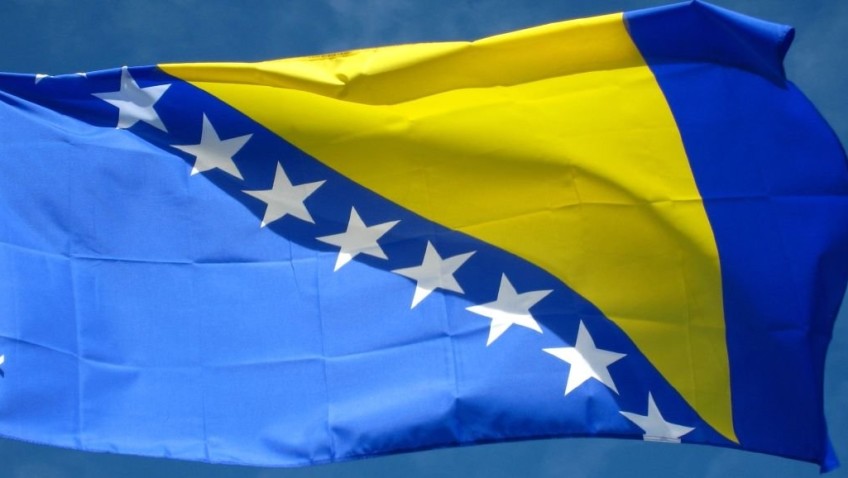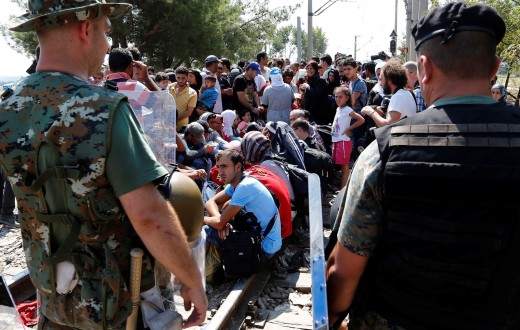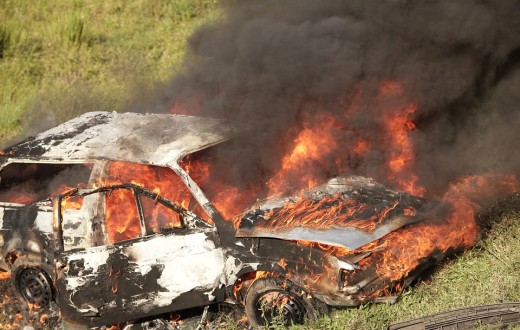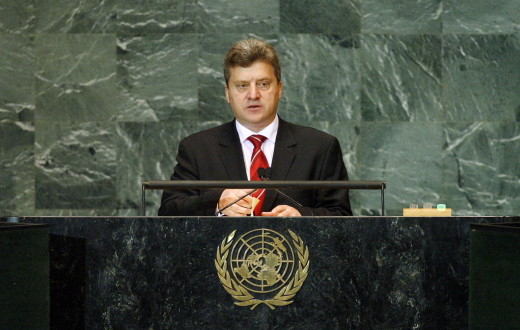Bosnia and Herzegovina lies in the Western Balkans,at the crossroads between the occidental West and the oriental East. Due to its geopolitical position, Bosnia’s history has been marked by wars between different tribes and conquests of various empires. The Ottoman Empire, which ruled between 1463 and 1878 in Bosnia, left a huge impact on the region and is responsible for Bosnia’s Islamic legacy. After its demise, Bosnia and Herzegovina was ruled by the Austro-Hungarian Empire and later Yugoslavia. Today, Bosnia and Herzegovina is an independent state, but this autonomy was overshadowed by a dreadful war, which began in 1992 and ended in 1995 with the Dayton Peace Agreements.
The war between Serbs, Croats and Bosniaks (Bosnian Muslims) was not an ethnic conflict fueled by ancient hatreds, but by political and economic interests of the elites of the parties involved. The Serbs sought to unite Eastern Bosnia with Serbia, the Croats claimed Eastern Herzegovina and the Bosniak leaders had an ‘Islamic’ state in mind (see also Unholy Terror: Bosnia, Al-Qaida, and the Rise of Global Jihad by John R. Schindler). As a result of the war, half of Bosnia’s pre-war population of 4.2 million was displaced internally and externally, over 100,000 were killed or disappeared and most of the infrastructure and economy was destroyed.
Now, more than 20 years after the Dayton Peace Agreements, Bosnia and Herzegovina is politically divided into two separate entities: the Serbian Republic and the Federation of Bosnia and Herzegovina. The former is mostly home to Serbs and the latter to Croats and Bosniaks. This partition is seen as a compromise between the three major ethnic groups and the international community to stop the war. However, only after grave human rights violations had been committed did NATO and the international community intervene in Bosnia. Even though the partition of Bosnia and Herzegovina is not seen as the ideal solution for the multi-ethnic state, it was the most viable solution to stop the war.
At the beginning, a lot of hope was placed on the Dayton Agreement as its ambitious framework called for extensive power-sharing elements between the three ‘constituent’ peoples. Nevertheless, Dayton has created a complicated and expensive governing apparatus and the resulting partition has divided rather than united the country. There is only limited cooperation between the two entities and it has made participation in political and public life for people of the non-majority group in each entity difficult. Human Rights organisations argue that Bosnia’s constitution, a result of the Dayton Agreement, openly violates minority rights; it recognizes the three major ethnic groups but identifies minorities as ‘Others’ which is problematic as it implies exclusion. Particular rights, such as the right to stand and vote for certain offices, including the House of Peoples and the three-person central presidency are granted on the basis of ethnic belonging and not citizenship (Minority Rights Group International). Thus, Roma – which constitute a large minority group in Bosnia – are automatically excluded from those positions.
Despite the fact that the European Human Rights Court has ruled that Bosnia’s constitution violates minority rights, nothing has been done so far. The current laws threaten the idea of multiculturalism and encourage ethnic division, now present not only in politics, but also in public life, education (there are separate schools for the different ethnicities) and the economy.
With regards to economic development, Bosnia still lags far behind Western Europe. Prior to the war, Bosnia’s economy was doing fairly well compared to now. It was the center of the metal industry in the former Yugoslavia. The war almost completely destroyed the economy leading to a production decline of 80 % from 1992 to 1995. The country has never fully recovered from these consequences and is still rebuilding and introducing liberal market reforms.
Today, a major concern is high unemployment in the country, with youth unemployment peaking at 57.5 % in 2014 (World Bank). There are many university graduates in Bosnia and Herzegovina, but since there are no appropriate jobs in their fields, many young people are leaving the country. This loss of human capital leads to a brain drain which undermines economic development. The whole situation is aggravated by widespread corruption in the public sphere, and only if politicians are willing to change the current structures and policies is positive change likely to be achieved. Until then, more young people will leave the country,leaving it without a skilled labor force.
In order to make progress, political and legal reforms are necessary to unite Bosnia’s ethnic groups and to increase cooperation among them. Furthermore, economic incentives are necessary to generate more job opportunities and to avoid brain drain.








0 comments